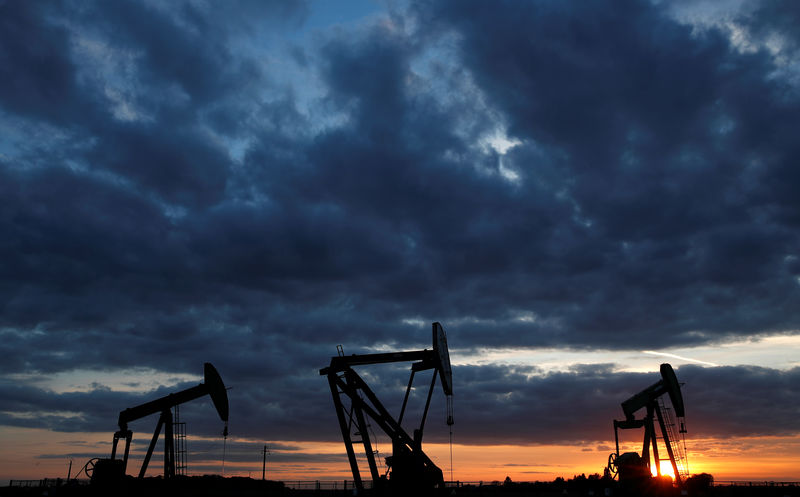Investing.com — Oil prices soared Monday, building on last week’s rally as markets reacted to the possibility of significant supply disruptions after the United States imposed tough sanctions on Russian oil exports.
At 08:20 ET (13:20 GMT), it rose 1.4% to $80.86 per barrel, with March expiry rising 1.4% to $76.77 per barrel.
On Friday, the oil price had risen almost 3% to the highest level in three months.
US sanctions on Russian oil are driving up prices
The Joe Biden administration on Friday introduced its most sweeping sanctions package yet, aimed at reducing Russian oil and gas revenues that are reportedly funding the ongoing conflict in Ukraine.
The latest measures from the US Treasury Department target major Russian oil producers, including Gazprom (MCX:) Neft and Surgutneftegas PJSC (MCX:), as well as 183 ships involved in the transportation of Russian oil.
These developments are expected to significantly disrupt Russia’s oil exports, forcing major importers such as China and India to seek alternative suppliers in regions such as the Middle East, Africa and the Americas.
This shift is expected to increase global oil prices and increase shipping costs. Analysts suggest the sanctions will have a serious impact on Russian oil exports, causing Chinese independent refiners to reduce their refining output.
This upward trend reflects concerns about tightening supply and the potential for increased demand from alternative sources. Moreover, the sanctions may push Russia to price its crude oil below $60 per barrel to remain competitive, further affecting market dynamics.
“The new measures are likely to give the Trump administration additional leverage in future negotiations with Russia as it decides whether, when and under what conditions to lift sanctions imposed by Biden,” JP Morgan analysts said in a recent note.
Demand is positive as cold weather sweeps through the US and Europe
Oil prices are also supported by expectations of higher demand as a cold snap sweeps across key energy markets in the United States and Europe.
The cold weather has intensified the need for heating, especially in regions that rely on fuel oil to heat homes and industrial buildings.
The Energy Information Administration (EIA) reported a notable decline in distillate inventories last week, highlighting the surge in consumption during the ongoing cold snap.
Industry participants are closely monitoring updates from major producers, including OPEC+, on possible supply adjustments to stabilize markets during the winter surge.
President-elect Donald Trump has pledged to maximize U.S. oil and natural gas production, already at record levels, in part by removing what he sees as unnecessary regulation and bureaucracy.
(Peter Nurse contributed to this article.)


